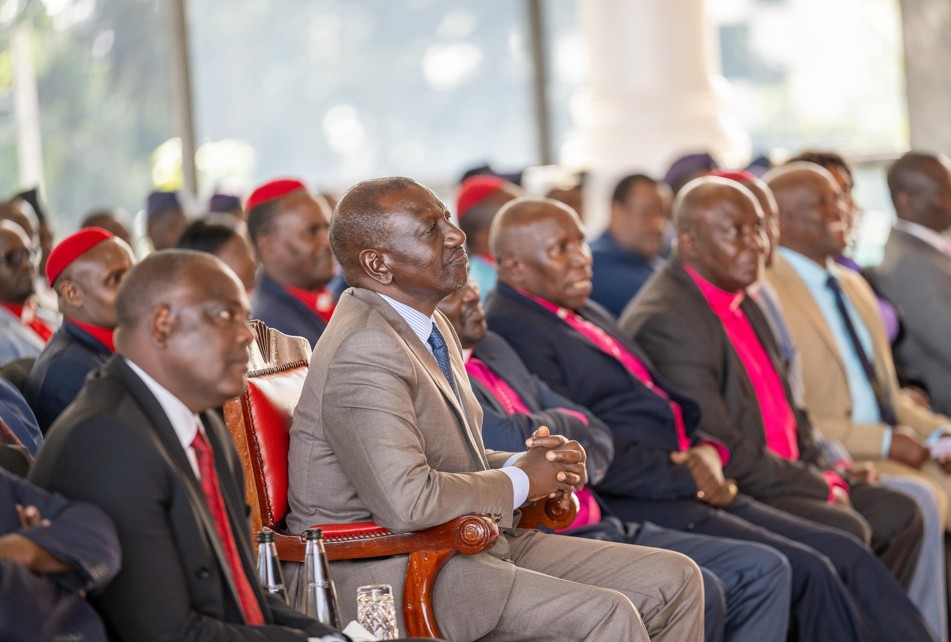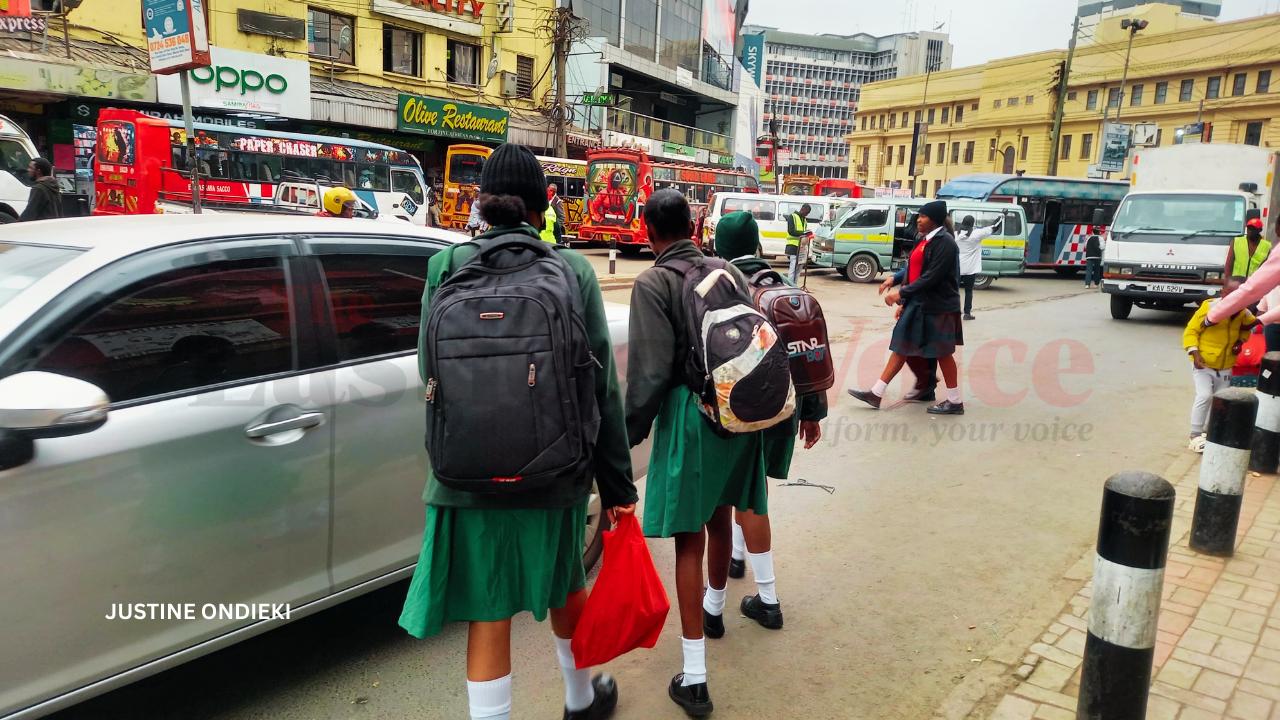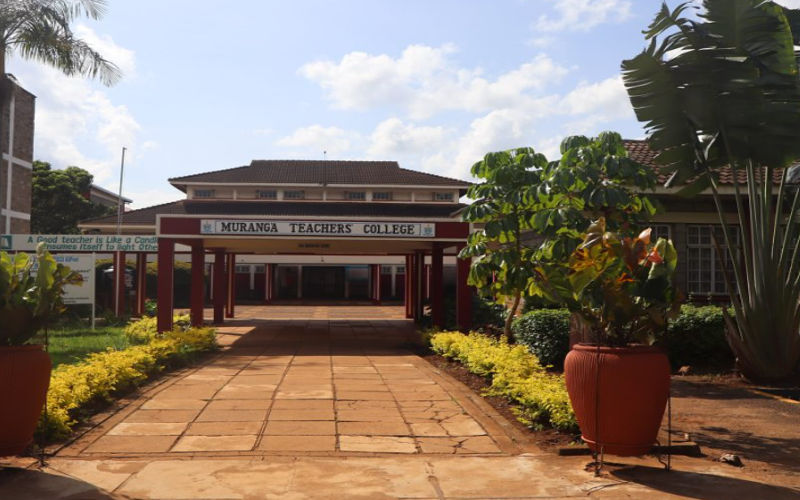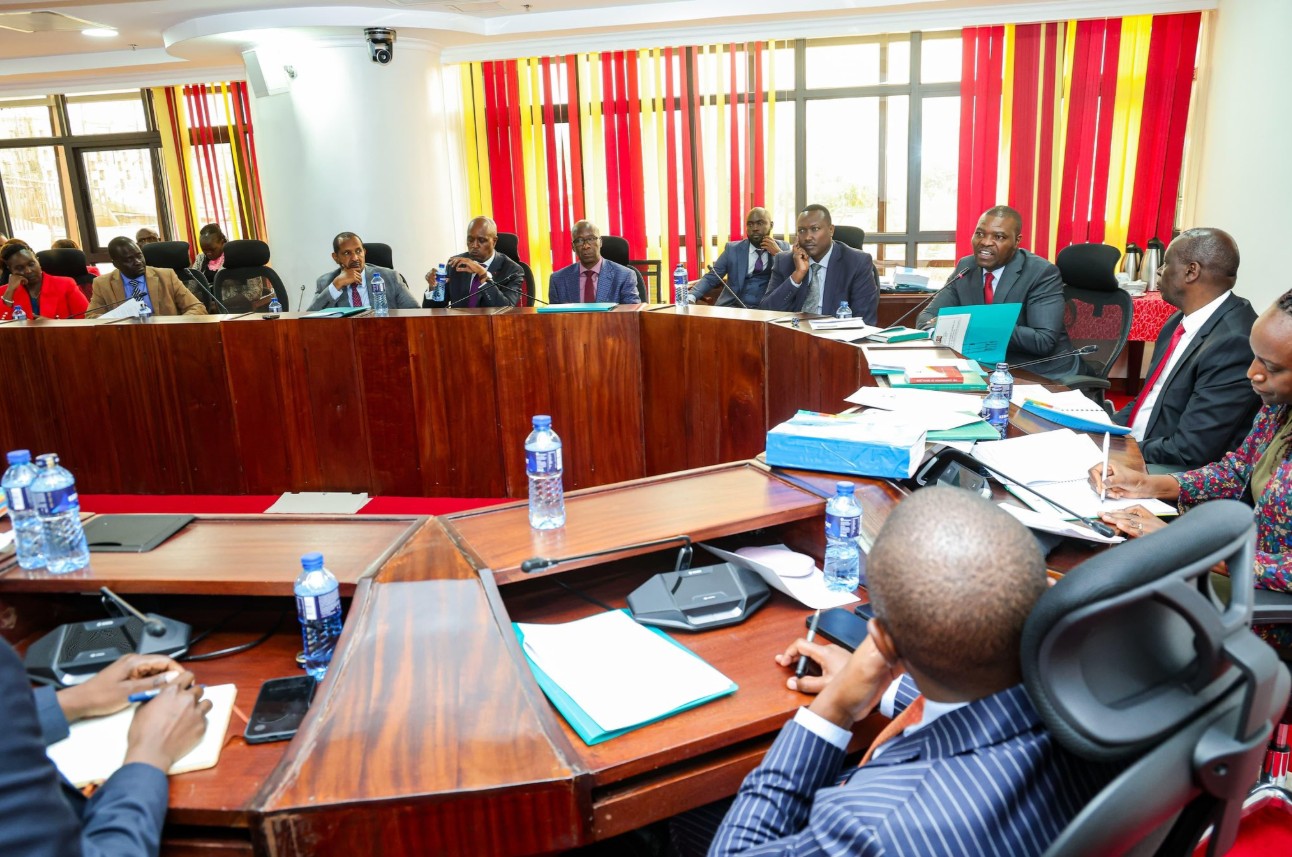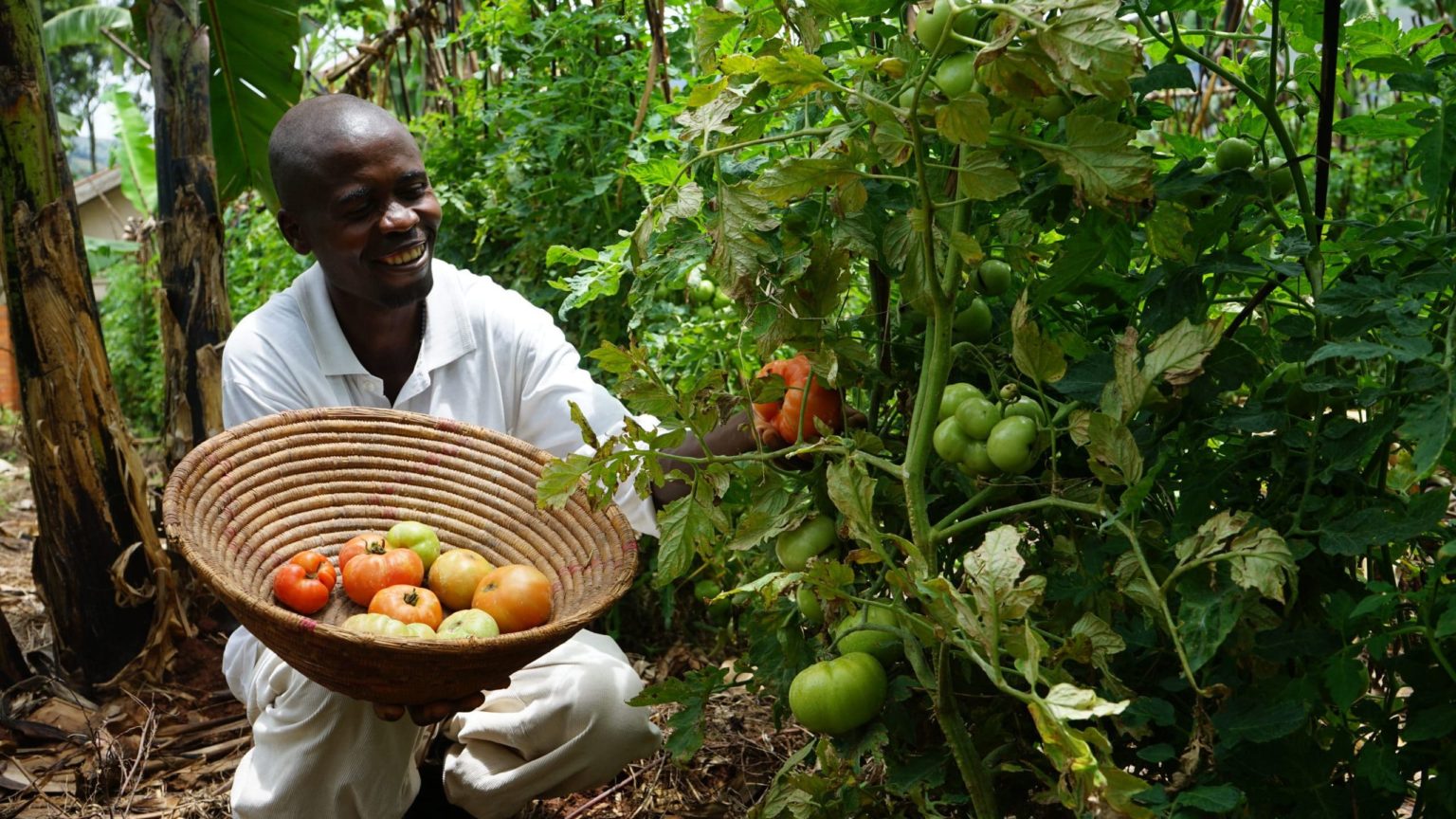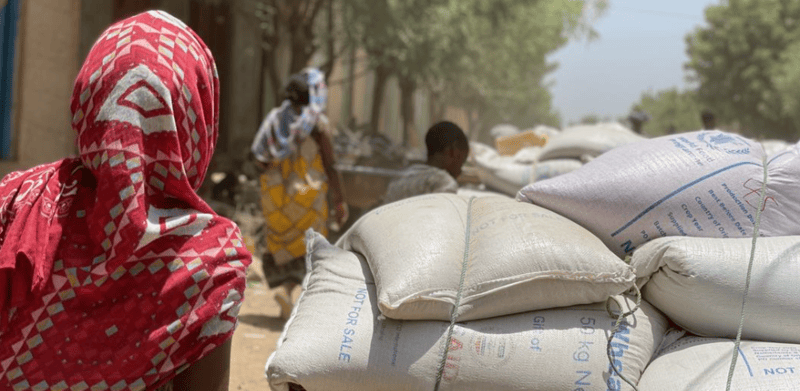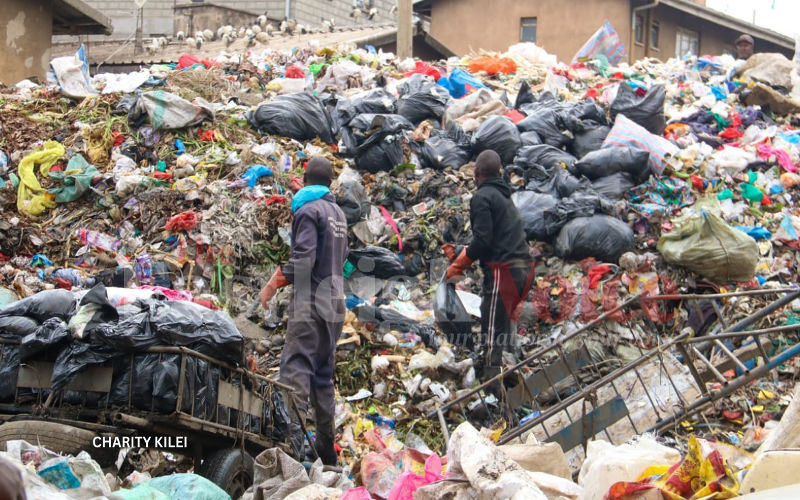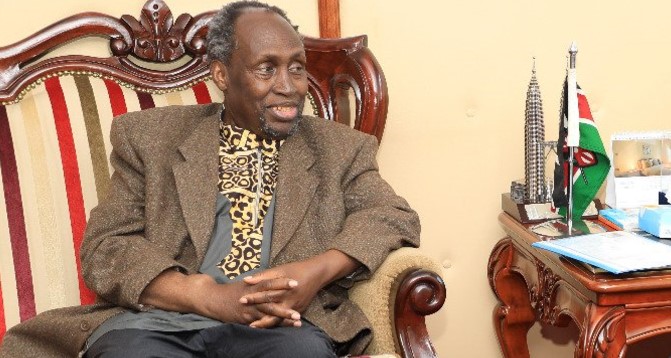What keeps 92-year-old Cameroon President Biya in power?
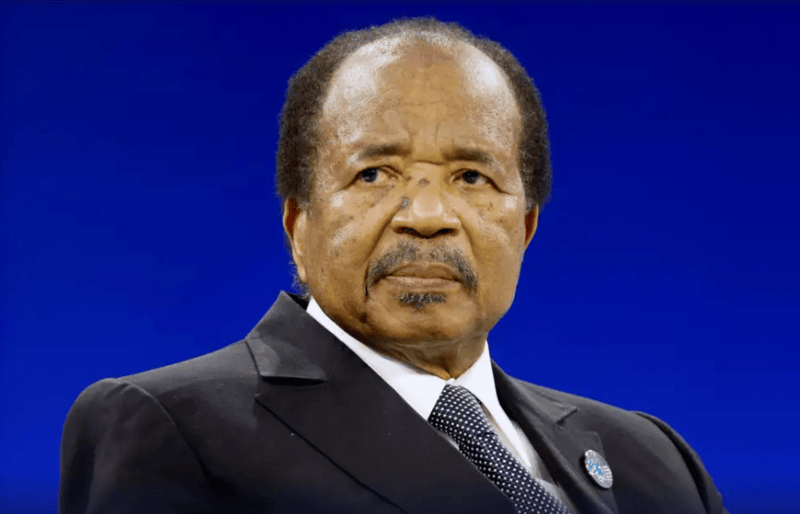
Paul Biya is already the oldest head of state in the world. He wants to be re-elected in October for an eighth term. But how has President Biya managed to stay in power for so long?
"The best is yet to come."
That is the promise Cameroon's President Paul Biya makes as he runs for an eighth term as head of state. The 92-year-old has had more than 40 years to shape his country's destiny: he has been in power since 1982.
More To Read
- Cameroon court rejects Maurice Kamto’s bid to join presidential race
- Cameroon’s Maurice Kamto appeals presidential poll disqualification
- Cameroon’s Maurice Kamto barred from presidential race as Biya seeks to extend 42-year rule
- 81 candidates apply for Cameroon’s October presidential elections
- Cameroon’s Paul Biya, 92, announces he will seek eighth presidential term
- Africa’s freshwater ecosystems depend on little creatures like insects and snails: Study maps overlooked species
If he is re-elected in the next elections on October 12, 2025, the world's oldest head of state could remain in office until shortly before his 100th birthday.
Many inhabitants of the central African country no longer believe in a better Cameroon under Biya.
Young people in particular, more than 36 per cent of the population, are under the age of 18 — lack prospects: unemployment, education, and health care are among their concerns.
Why is Biya's regime so durable?
One in four Cameroonians lives below the poverty line despite Cameroon's rich natural resources. It has oil, natural gas, aluminum, gold, precious woods, coffee, cocoa and cotton. But the country is still heavily dependent on China's economy, but development aid.
Corruption and human rights violations are part of everyday life. Many Cameroonians shrug their shoulders at Biya's renewed candidacy.
"It's no surprise," student Olivier Njoya tells DW. "It's just a shame that there are people who don't think about the common good, but only about their own interests."
So, how does a politician manage to keep his tight web of power intact for 43 years? Especially since Biya has often spent extended periods abroad in clinics and for recreation in Paris and Switzerland.
It is "striking how good [Biya] is at holding on to power," Christian Klatt, the representative of the Friedrich Ebert Foundation in Cameroon, tells DW.
Voices from within Biya's own camp and from the opposition repeatedly claim that Biya knows how to play his competitors off against each other.
"In recent years, no one has been able to pose a threat to Biya," says Klatt, adding that no one has ever really succeeded in establishing themselves as Biya's successor, either from within his own ranks or in the largest opposition parties.
"Biya is very good at praising people away, transferring them to other posts," Klatt says.
Could Cameroon see a coup?
Particularly in West Africa, disgruntled generals have seized power in coups in the past. Klatt considers such a scenario impossible in Cameroon.
"The military, which is always a risk factor in many other countries, has a strong separation of powers within its own structures. No single group would therefore be strong enough to launch a coup," he says.
Biya's party, the Cameroon People's Democratic Movement, has been in power since Cameroon's independence in 1960 and has been led by President Biya since 1982.
It' isn't unlikely that Biya will win the election again in the fall, Klatt says. "His ruling party has many supporters and is best represented throughout the country."
In a short election process, the Cameroon People's Democratic Movement could outdo other opposition parties. In the Cameroonian electoral system, a candidate only needs a simple majority to win the election, which greatly benefits Biya.
Can the opposition unite to unseat Biya?
One of those running to succeed Biya is 37-year-old Hiram Samuel Iyodi. One of the youngest presidential candidates, he was nominated by the Patriotic Movement for the Peoples' Prosperity party, which was founded in 2018.
"Young people in particular have the impression that the Cameroonian electoral system is tailored to the ruling party," Iyodi tells DW.
"We are saying to young Cameroonians: if we all stick together, we can put an end to this regime that is no longer able to respond to the current concerns of the population," he adds.
The opposition parties' efforts over the years to create a counterweight to Biya's candidacy have failed due to differing ideologies and their internal divisions: a political coalition, the Douala Group, collapsed shortly before the deadline for presidential nominations on July 22.
Is Biya really in control of Cameroon?
Some experts, however, don't see Biya as a strong man but rather as a puppet of a perfidious political system.
According to Philippe Nanga, political analyst and human rights activist, real power no longer lies in the hands of the president, but in a small circle of actors led by the president's secretary-general, Ferdinand Ngoh Ngoh.
"The secretary-general now signs almost all documents that are supposed to come from the president. He is omnipresent on the ground, leads political missions, and resolves internal conflicts within the party. These are tasks that normally fall under the responsibility of the head of state," Nanga says.
According to Nanga, despite Biya's frail health, he remains the only one who can preserve the unity of the party.
"As soon as someone else officially comes to power, the party will break apart. There are already deep internal divisions," says Nanga. Some officials are opposed to the president's re-election but don't dare to express this openly for fear of reprisals.
How does Biya's regime silence dissent?
Many individual journalists, politicians, and activists have been arbitrarily detained and physically assaulted in Cameroon.
In its latest annual report, the US-based non-governmental organisation Freedom House refers to attacks on "independent media, opposition parties, and civil society organisations, which have faced bans and harassment."
Political scientist Ernesto Yene says fear is what maintains the facade of stability in Biya's system.
"Anyone who dares to slam the door is quickly marginalised," Yene tells DW.
"In reality, everyone is hiding behind Paul Biya's candidacy because it guarantees everyone the preservation of their privileges within the power apparatus. If another candidate were to emerge, the party would run the risk of imploding."
Top Stories Today
Reader Comments
Trending


